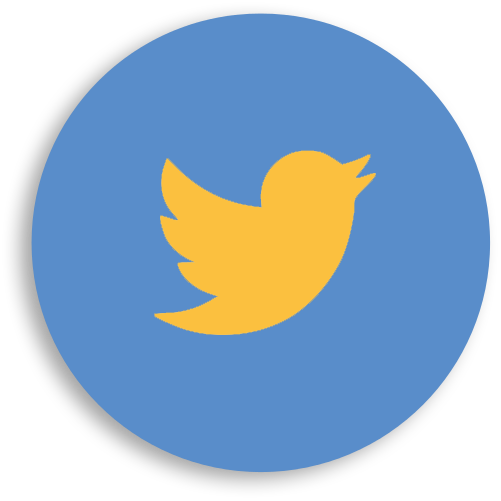"We call people skills “soft” skills, but I think it’s time to reframe that conversation,
to make sure we’re giving these foundational skills the emphasis they deserve.
Let’s commit to calling them what they are — power skills..."
Lila Ibrahim (read complete post)
to make sure we’re giving these foundational skills the emphasis they deserve.
Let’s commit to calling them what they are — power skills..."
Lila Ibrahim (read complete post)
It's funny how everything connects. I read those words on a blog post I came across via search engine serendipity while doing some research for a project on (of all things) rebranding energy efficiency.
I bet you didn't see that coming! (I added some relevant links at the end of this post for those interested in knowing more)
Lila Ibrahim, who wrote the blog post, is a technologist with a long, impressive resume that weaves together a deep interest technology with a passion for education and social impact. Her focus in the post was on reframing "soft skills" as "power skills" to boost the bottom line: "Investing in power skills can turn team dynamics around," she notes. That's good for business.
Social and emotional skills, aka "soft skills," cover everything from learning how work in teams to listening to one another, taking turns and communicating effectively. They can spell the difference between a business success or a failure. Yet, as Ibrahim points out, "We seem to value technical skills much more than the core people skills that actually make people more effective at work."
"Soft skills" sound like a squishy extra compared to "hard skills" positioned as no-nonsense, serious and essential. It is not a coincidence that hard skills are more readily measured and quantified, but in the absence of social and emotional skills their full potential is rarely reached. You can think of it like trying exercise in a room with poor ventilation: You can still run on the treadmill but without enough oxygen, you won't go as fast or as far. Soft skills are the oxygen that make everything better.
Calling them "power skills" is itself empowering. Children with good power skills (see - doesn't that feel stronger?) are much more likely to succeed academically. This is not only because they are easier for teachers to teach, but also because they know they can learn, even if at first they fail. They know how to ask for help and have the self-confidence — the grit — to try and try again. It's a virtuous circle, too, where success leads to more confidence and more success.
Yet it is important to note that the benefits of power skills are not limited to the office or school. The tagline for the I See I Learn series is "For happier, healthier, more confident children." People with good power skills are more resilient and better able to handle life's challenges.
To quote Pickle, my favorite green bulldog, "Woof!"
* Lila Ibrahim recently became COO of Deep Mind, an Artificial Intelligence (AI) company that is part of Google's Alphabet group. AI, which holds the promise to make just about everything we do or touch better and/or more efficient, has had a spotty record with manners and ethics. A Twitter "chatbot" released by Microsoft notoriously morphed into a bigot within 24 hours. More recently, the plug was pulled on an AI-enhanced HR program at Amazon when it proved to be biased against women. Can power skills be coded into AI algorithms? If any one can find a way, I bet Ibrahim can!
I bet you didn't see that coming! (I added some relevant links at the end of this post for those interested in knowing more)
Lila Ibrahim, who wrote the blog post, is a technologist with a long, impressive resume that weaves together a deep interest technology with a passion for education and social impact. Her focus in the post was on reframing "soft skills" as "power skills" to boost the bottom line: "Investing in power skills can turn team dynamics around," she notes. That's good for business.
Social and emotional skills, aka "soft skills," cover everything from learning how work in teams to listening to one another, taking turns and communicating effectively. They can spell the difference between a business success or a failure. Yet, as Ibrahim points out, "We seem to value technical skills much more than the core people skills that actually make people more effective at work."
"Soft skills" sound like a squishy extra compared to "hard skills" positioned as no-nonsense, serious and essential. It is not a coincidence that hard skills are more readily measured and quantified, but in the absence of social and emotional skills their full potential is rarely reached. You can think of it like trying exercise in a room with poor ventilation: You can still run on the treadmill but without enough oxygen, you won't go as fast or as far. Soft skills are the oxygen that make everything better.
Calling them "power skills" is itself empowering. Children with good power skills (see - doesn't that feel stronger?) are much more likely to succeed academically. This is not only because they are easier for teachers to teach, but also because they know they can learn, even if at first they fail. They know how to ask for help and have the self-confidence — the grit — to try and try again. It's a virtuous circle, too, where success leads to more confidence and more success.
Yet it is important to note that the benefits of power skills are not limited to the office or school. The tagline for the I See I Learn series is "For happier, healthier, more confident children." People with good power skills are more resilient and better able to handle life's challenges.
To quote Pickle, my favorite green bulldog, "Woof!"
* Lila Ibrahim recently became COO of Deep Mind, an Artificial Intelligence (AI) company that is part of Google's Alphabet group. AI, which holds the promise to make just about everything we do or touch better and/or more efficient, has had a spotty record with manners and ethics. A Twitter "chatbot" released by Microsoft notoriously morphed into a bigot within 24 hours. More recently, the plug was pulled on an AI-enhanced HR program at Amazon when it proved to be biased against women. Can power skills be coded into AI algorithms? If any one can find a way, I bet Ibrahim can!
RE Energy Efficiency...
• Less is More, More, More: The Cascading, Collective, Compounding, Sheer Utter Coolness of Efficiency, J. A. Ginsburg
• A Creative Brief: How Designers & Branding Experts Can Help Save Us All (Really, Truly), J. A. Ginsburg
• Less is More, More, More: The Cascading, Collective, Compounding, Sheer Utter Coolness of Efficiency, J. A. Ginsburg
• A Creative Brief: How Designers & Branding Experts Can Help Save Us All (Really, Truly), J. A. Ginsburg
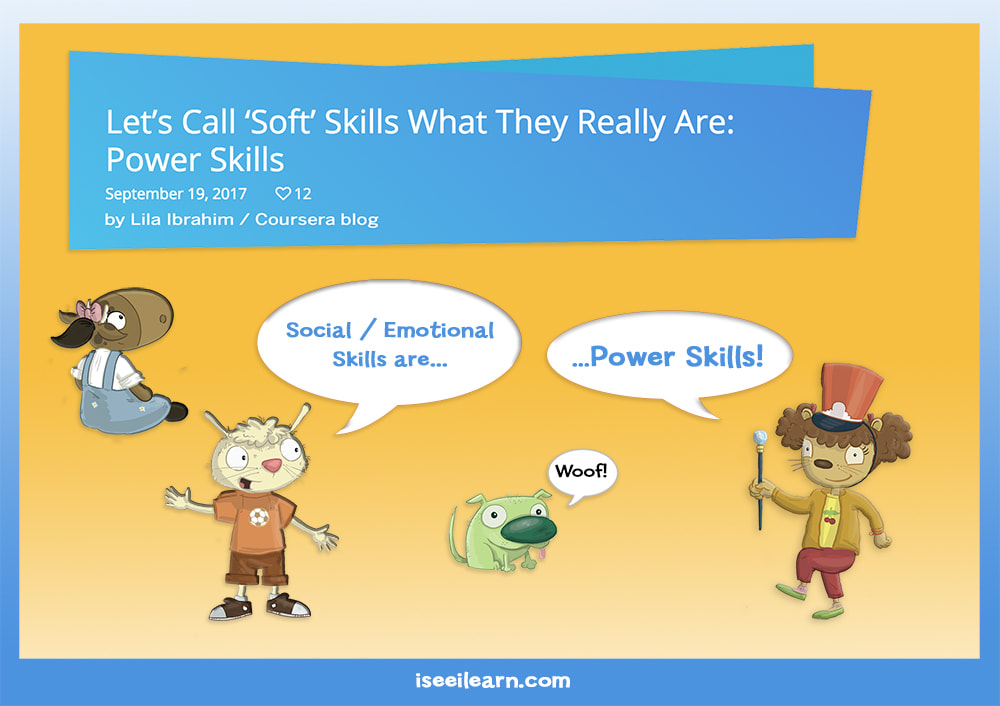
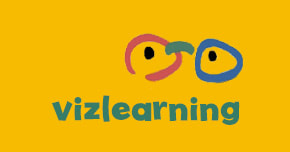
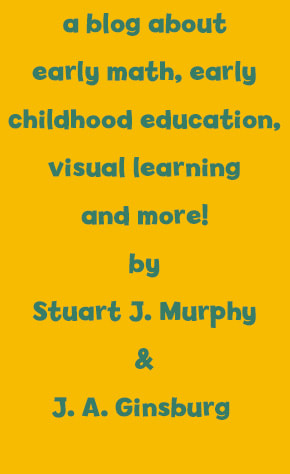
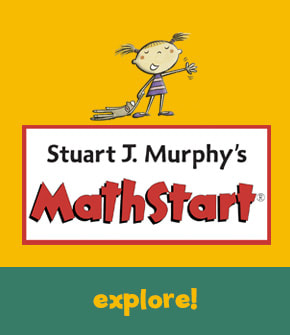
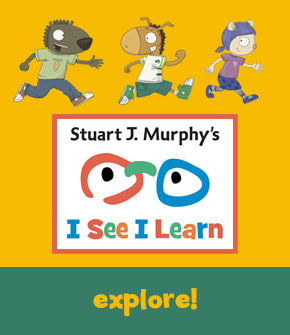
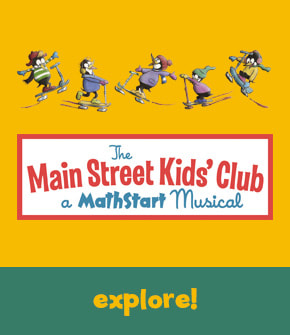
 RSS Feed
RSS Feed


